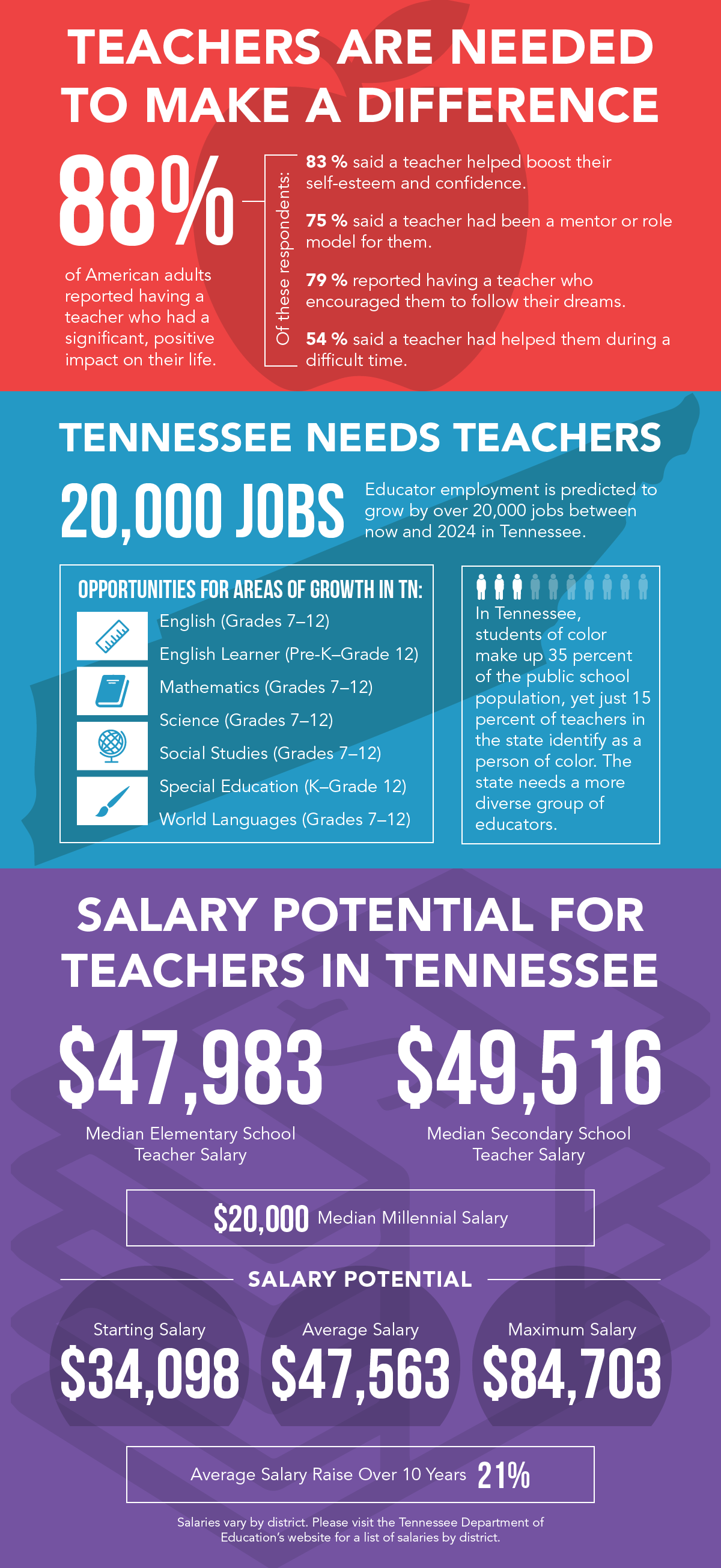The BEP Review Committee met today as it begins the process of outlining priorities for BEP improvement for 2018. The group received an update on how Governor Haslam and the General Assembly responded to the priority list it created for this year.
Here’s the list of priorities the committee identified for 2017:
The five priorities, in order:
1. Sustained commitment to teacher compensation
2. English Language Learner funding (to bring ratios closer to the level called for in the BEP Enhancement Act of 2016)
3. Funding the number of guidance counselors at a level closer to national best practices
4. Funding Response to Instruction and Intervention positions
5. Sustained technology funding
Committee members noted that Governor Haslam funded an increase in teacher compensation and improvements in ELL funding. As of today, that budget has passed the House of Representatives and awaits final approval by the Senate on Monday.
The committee also noted that no movement was made to improve the ratio of school counselors to students and no funding was provided for RTI positions. Technology funding also remained constant.
There was an opportunity to address the RTI issue. Rep. Joe Pitts of Clarksville sponsored a bill that would have added to the BEP formula funding for 3 RTI positions for each public school in the state. That bill carried a cost of $167 million. Despite a nearly $1 billion surplus this year, funding was not provided for this legislation.
Committee members — representatives of school boards and superintendents — noted that the RTI program can be successful if properly implemented. Directors of Schools in particular expressed frustration at the state of RTI, noting the program is mandated, but not funded.
The legislature referred Pitts’ bill to the BEP Review Committee for study and further recommendations.
In addition to the lack of funding for RTI positions and school counselors, MNPS Chief Financial Officer Chris Henson noted that historically, the committee has recommended an improvement in funding for school nurses. While that wasn’t in the top 5 this past year, Henson advocated for getting it back on the list. Committee staff indicated members would be surveyed over the summer, with an eye toward a new list of priorities released by August.
One other issue worth noting: Committee staff highlighted increases in BEP funds for teacher compensation over the past three years and suggested this indicates a commitment to the committee’s top priority. However, the BEP Review Committee’s own 2016 report , actual total compensation for teachers has increased by only 1% per year over the last two years.That’s less than the rate of increase from a decade ago, when total teacher compensation was increasing at a rate of about 3% per year. This in spite of repeated commitments to make Tennessee the fastest improving state in the nation in teacher pay.
So, the BEP Review Committee will make a new priority list. Issues like funding RTI positions and school counselors seem likely to make a repeat appearance. The question, then, is will these items receive the attention they deserve?
For more on education politics and policy in Tennessee, follow @TNEdReport

